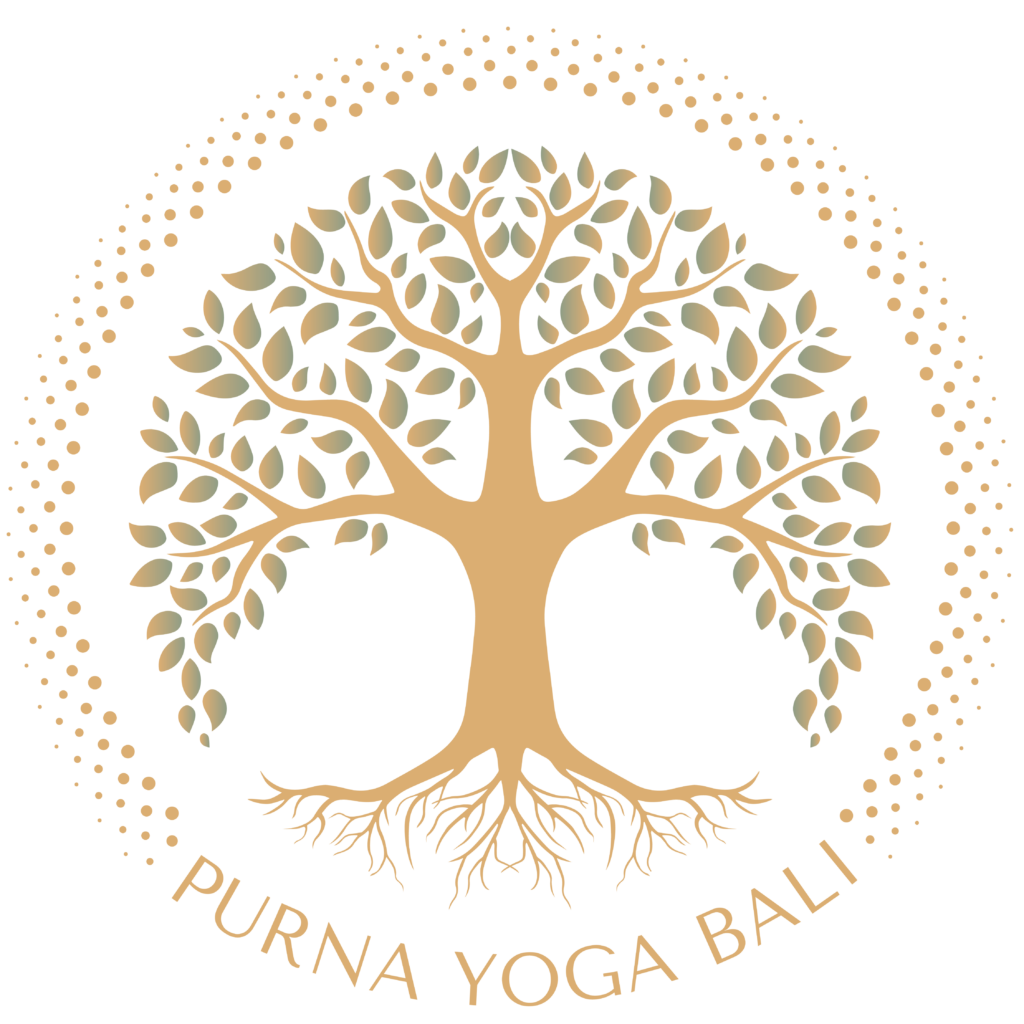The word Ayurveda is composed of two root words; Ayur meaning life and Veda meaning Science. Thus Ayurveda literally translates to the science of life or the science of living. The origin of Ayurveda coincides with the beginnings of agriculture in the Indus valley civilization in ancient India. The earliest mention of Ayurveda is in the Rig Veda, about 5000 years ago. Prior to that, Ayurveda was primarily an oral tradition passed on from teacher to student for many generations. Ayurveda traces its origins to an older medicinal system from India called Siddha medicine. The word siddha means immortal, and this was a system created and practiced by yogis and saints to increase longevity. Many aspects of Siddha medicine are lost today due to the burning of its texts during successive invasions of the Indian subcontinent.
Ayurveda and Yoga are sister sciences. Yoga being the science of the Self, and Ayruveda the science of the relationship between the self and its environment. The emphasis here is on the word ‘relationship’. The relationship between the body and food or toxins in the environment might differ from person to person. Every person responds to particular foods and medicines in different ways. Thus, unlike pharmaceutical medicine, Ayurveda doesn’t prescribe a particular food or medicine for an ailment, across the board for each and every person. In this sense the underlying tenet or worldview in Ayurveda is that everything found in our environment is simultaneously a medicine and a toxin. It simply depends on how we as individuals consume or interact with it, in what quantities we consume the substance, in which season, whether our bodies can digest or metabolize it, whether our lifestyle supports it and many other factors also influence this such as age, genetics, our past medical history, etc. A framework to think about how all these variables interact with different individuals is provided in Ayurveda by the three body constitutions or Doshas. Check out our post about the 3 Doshas here.
Ayurveda is first and foremost a lifestyle. Today there is an over-emphasis on the medical aspects of Ayurveda: the herbs, detoxification therapies and such. However an ancient Ayurvedic proverb showcases a timeless truth: If your lifestyle is wrong, medicine is of no use. If your lifestyle is correct, medicine is of no need. Let me repeat that: If your lifestyle is wrong, medicine is of no use. If your lifestyle is correct, medicine is of no need. … Using medicine as a cure for an existing problem without first changing our lifestyle can only go so far. According to Ayurveda there are three ways in which a medicinal system can be used. The first is to use it as a cure, the second as a preventive measure and the third to increase lifespan or longevity. Medicine is least effective when used as a cure and far more effective when used to prevent disease and increase our overall health. We must strive to use a medical system not as a crutch, but as a system that provides us the tools and understanding to flourish physically, mentally and emotionally.
In Ayurveda the distinction between our physical, mental and emotional bodies is arbitrary. The belief is that one cannot truly be physically healthy without also being mentally and emotionally healthy and vice versa. A disease first begins in the mental and emotional body, and has already matured considerably by the time symptoms show up in the physical body. Physical symptoms are the way in which the body communicates that something in our lifestyle needs attention. Instead of simply trying to suppress the symptoms by popping pills or taking medication, we are trying to observe these symptoms and understand the root cause of it. The symptoms we experience can have one major and other minor root causes, but could also have multiple root causes. To illustrate this with the help of an example: someone I was working with had come to me because of two major symptoms: she often felt bloated and was putting on weight even though her nutritional intake had not changed much. As an Ayurvedic practitioner we strive to understand the person coming to us instead of focussing solely on the symptoms or disease. Through discussion, I realized that her sleep cycles or circadian rhythms had changed dramatically due to her new job. She was working late, eating her last meal around midnight, and experienced lots more stress than usual. At first I simply asked her to replace heavy foods in the night with soups, to do some form of relaxation before bed (in this particular case it was breathing exercises) and try to focus on solving her work related stress. By just following these simple steps and communicating with her higher-ups at work, she found that her digestion had returned to normal. She might have tried to suppress her symptoms of acidity and bloating with antacids, faced other side effects from it, and still not have solved the underlying root causes of the issue.



